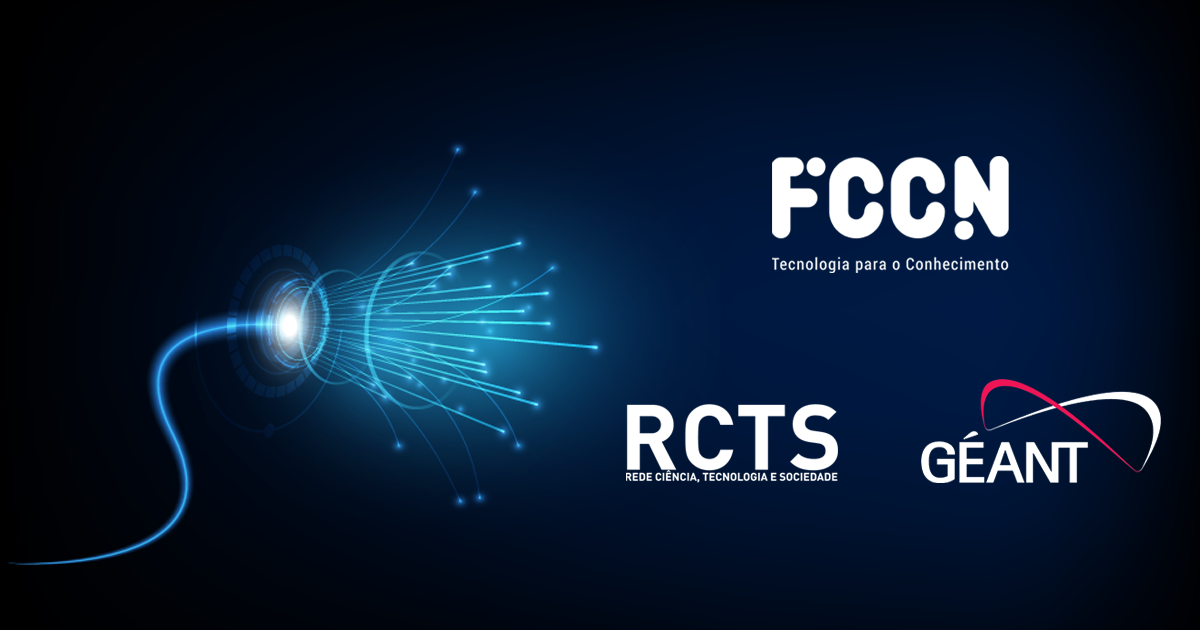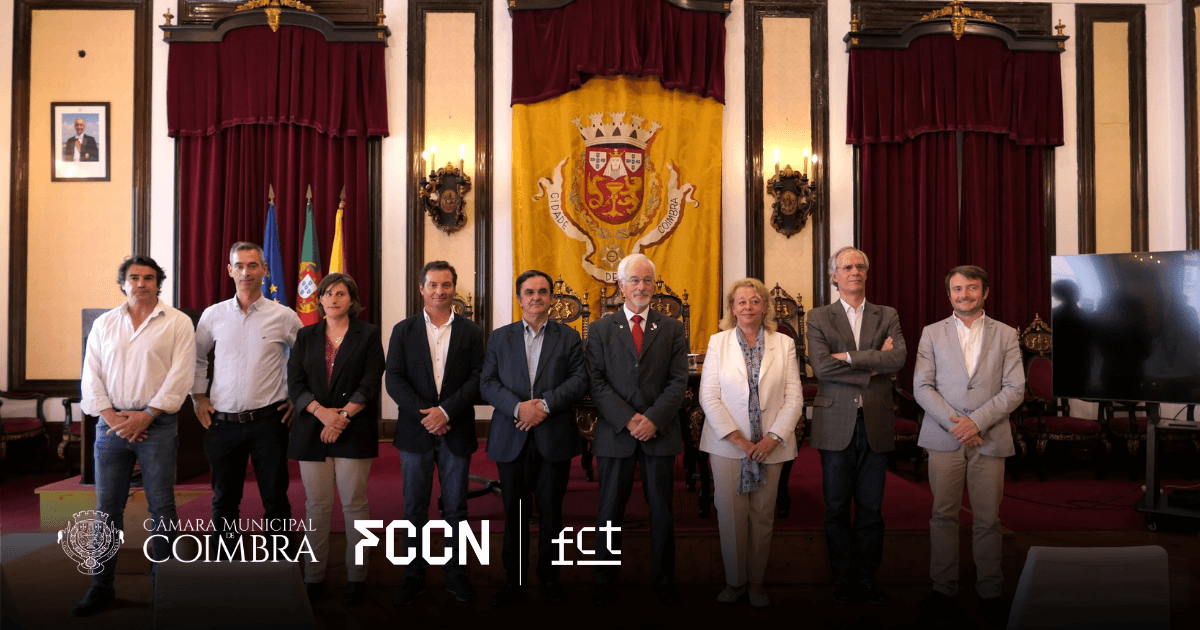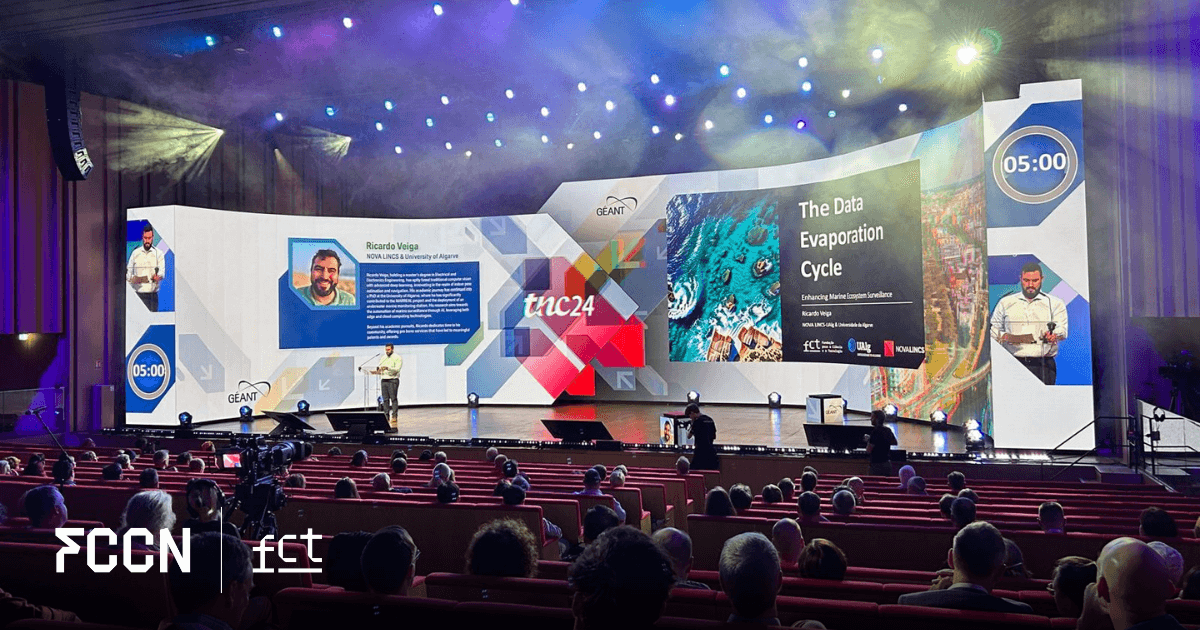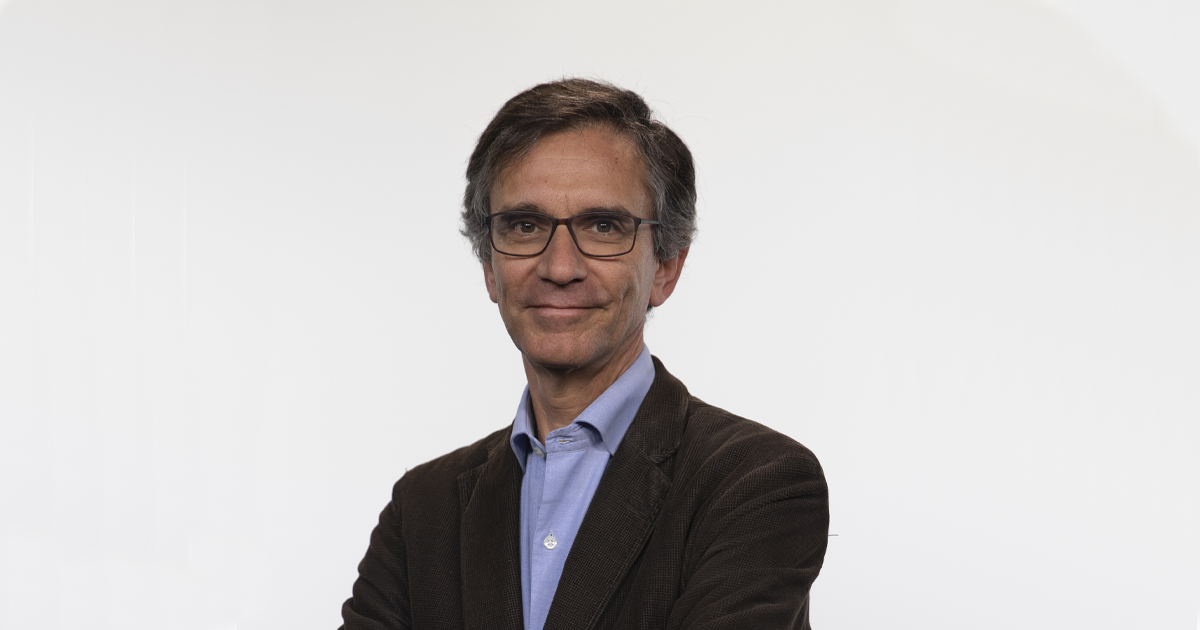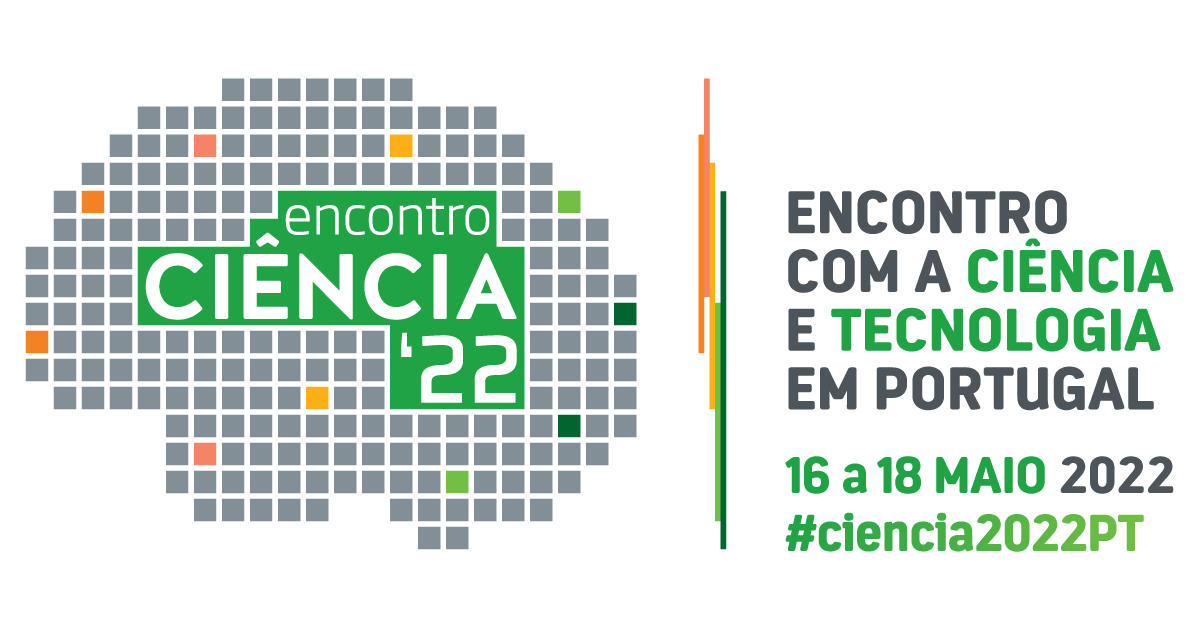Portugal is the first European country to see its NREN (National Research and Education Network), the national research and education network, through the new generation of the European GÉANT network. Activation was achieved through a direct connection between Porto and Bilbao, as part of the GÉANT project (GN4-3N).
On June 25th, direct access was activated between the Science, Technology and Society Network (RCTS), the national research and education network managed by the Foundation for Science and Technology (FCT) through its FCCN Unit, and the European GÉANT network. Installation was completed in Porto, with a direct connection to Bilbao, thus increasing the flexibility and redundancy of Portuguese connectivity.
This action, carried out within the scope of GÉANT project (GN4-3N), is aligned with the RCTS100 project and allowed RCTS to be the first national research and education network (NREN) to migrate to the new generation of this European network fiber infrastructure.
In addition to this enhanced international connectivity, which ensures network protection against potential failures, this new connection, in conjunction with the Lisbon-Porto and Lisbon-Madrid routes, will ensure significant benefits in the performance and flexibility of the network and its respective interconnections. Long-term cost reduction benefits are also expected.
Thanks to this integration, Portugal becomes the first country whose national research and education network migrates to the new GÉANT fiber network – the European network that connects FCCN's counterparts. This European project to expand and upgrade pan-European connectivity involves an investment of approximately €63 million and aims to support the transition of national networks to fiber connectivity, aiming to reduce digital divide European. It's been about ten years since GÉANT's network infrastructure has seen such profound and impactful updates.
In Portugal, this new connection was accompanied, at the level of national connectivity, within the scope of RCTS100 project, co-financed by Compete, Lisboa2020 and Algarve2020, through which FCCN has worked to strengthen the National Research and Education Network (RCTS), with a view to creating potential capacity to deliver services at 100Gbps.
At the end of 2020, for example, six new connecting routes were activated in Beja, Bragança, Vila Real, and Viseu. In 2021, four new fiber optic loops were activated in Lisbon.
"The RCTS100 [project] consists of expanding the fiber optic infrastructure and technologically upgrading the Portuguese academic network," explains the General Coordinator of the FCCN Unit, João Nuno Ferreira, adding that "the design of the new GÉANT network, in which FCCN was directly involved from the outset, represents a historic milestone on several levels: not only does it increase the resilience of RCTS, in its connections to Europe and the rest of the world, but these connections are made using more flexible and higher-capacity means."
In conclusion, the FCCN general coordinator adds that "also important is the increase in resources for the GÉANT network, installed in the Iberian Peninsula, with greater redundancy in connections to other European regions, as well as a better balance in connections between the various regions. This way, the user communities of Science, Technology, and Higher Education will be prepared and equipped with the appropriate resources to embrace the new challenges of the funding cycle that is now beginning, both nationally and internationally."

A news on GÉANT's CONNECT blog, dedicated to the same topic is available for reading.
